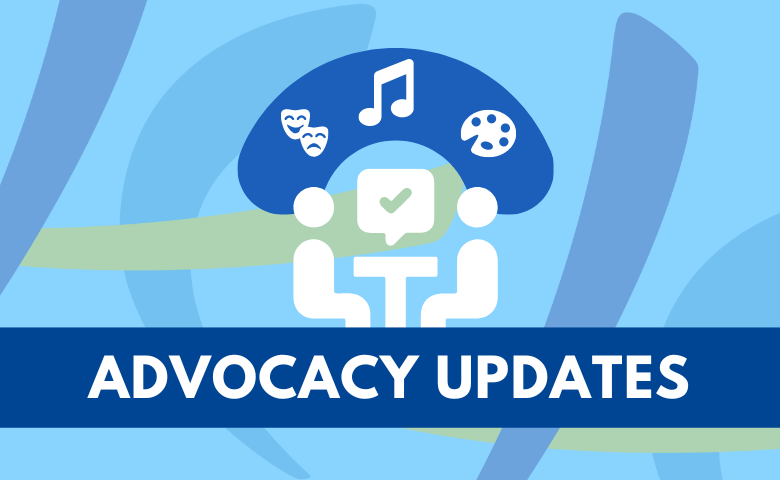In November, many European associations and organisations traditionally came together for their annual meetings and conventions. This also applied to two of AEC’s most important partner organisations, ELIA and Culture Action Europe (CAE). This year again, this gave AEC the opportunity for deepening contacts with its partners in the music and cultural sectors, to meet representatives of the European Institutions, but also to look back at what happened with regard to advocacy over the year which is now coming to an end.
After a pandemic-related break, CAE’s ‘Beyond the Obvious’ Conference took place this year in cooperation with CULTUROPOLIS: International Days on Cultural Rights from 16-19 November in Barcelona. This event provided among others an opportunity to present aspects of AEC’s related work to a wider audience. The ongoing AEC projects ARTEMIS and PRIhME are offering a variety of linkage points via topics such as inclusion, diversity, health and well-being, and access and participation in cultural life, to name just a few. A presentation on the current activities of the SCHEME working group, which is run jointly by AEC, EMU and EAS, was well received. The group’s work focuses on efforts to further develop the profiles of the music school teacher and to renew related study programmes.
The motto of the ELIA Biannual Conference 2022 was “No stone unturned”.The participants reflected on how to respond appropriately to the upheaval we are experiencing in the light of a pandemic and a war as well as how we manage to proactively shape change, and not just react to what’s going on in the world. The idea that art has a special responsibility to shape societal change, and not just to run after trends, ran like a red thread through the annual congresses of both AEC and ELIA.
At both congresses, the question was asked, albeit with different focuses, what the European Strategy for Universities adopted by the European Commission almost a year ago, means for the Higher Arts Education sector. It has been the explicit intention of this policy paper to make the Higher Education sector fit for the post-corona times (as the paper was published in January 2022 – the war wasn’t yet an issue back then).
It is worth taking a look at the three topics identified in the paper as “Lighthouses of the European way of life”.
- Strengthen quality and relevance for future-proof skills;
- Foster diversity, inclusiveness and gender equality;
- Promote and protect European democratic values.
All three topics played a key role at the AEC Congress 2022 in Lyon as higher music education, can make a very special and unique contribution to the implementation of these goals. With regard to Diversity & Inclusiveness, it is stated in the European Strategy for Universities that “Europe has highly accessible higher education compared to the rest of the world.” (p. 9) This is a feature that might make the European institutions more attractive for students from outside Europe.
Finally, quoting once again the EU Commission’s European Strategy for Universities policy paper: “The EU will only meet its ambitions on equipping more young people and lifelong learners with digital skills and skills for the green transition, or developing green solutions through technological and social innovation if the higher education sector pulls its weight.” (p. 4)
We should see it as AEC’s mission for 2023 to work out more precisely and to convey more clearly what is the special and unique contribution of the Higher Art and Higher Music Education sector to achieve these goals.






